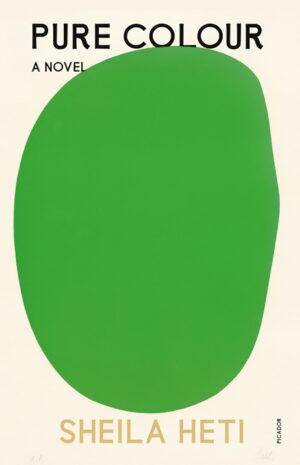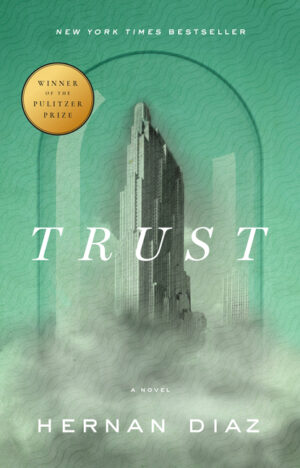"Technically dexterous, intellectually stimulating, and simply stunning, Karen Tei Yamashita's Letters to Memory is a master class on how to write nonfiction that straddles the personal and the political. Yamashita seamlessly fuses historical and family documents, pictures, letters, philosophy, and personal memory to tell a story of Japanese American internment and its effects on her family. However, Yamashita's ultimate accomplishment is not only to archive but to interrogate life's largest questions: What is love? What is resistance? How do we create our moral codes? And how do we find faith, hope and laughter in this human life?" –AAAS Outstanding Achievement in Creative Writing - Prose Award Committee
"Shaped and voiced with literary flair, this is clearly a book Yamashita felt compelled to write, and her sense of purpose makes this historical excavation feel deeply personal." –Kirkus
"While this account may provide context for some of the themes found in Yamashita's fiction, the author's personal reflections on a dark period of American history will resonate with a larger audience concerned with how some U.S. organizations have targeted specific communities." –Library Journal, *starred review*
"[Letters to Memory] is a challenging, varied work, in moments deeply personal and impressionistic and in moments pulling back into a voice of epic omniscience." –Boston Globe
"Yamashita goes beyond her family's story as internees to unpack what that experience became as they dealt with the ordeal of building new identities and re-establishing their communities in the face of great loss and ongoing racism. It also very personally deals with the author's emotions regarding this legacy. This is the work of establishing these deeds as an ongoing, living part of America's being." –Literary Hub
"More than just a memoir, this book teaches by example a new kind of relationship you can have with your familial, national, and cultural story. This is an important book." –Porter Square Books
"A timely, thoughtful examination of an often unspoken period of American history..." –The Margins
"... Letters to Memory is a work of genius... a groundbreaking exploration and example of how we can build a sense of self through interaction with our pasts..." –The Order of Importance
"Epistolary, but in a form of its own, this book preserves the collective memory of the Yamashita family: removed from Oakland, first to a racetrack, then to a concentration camp. Yamashita evokes the time of displacement, the dust, Christian charity and Christian racism, the problematics of documenting struggle, and the importance of art, laughter and waffles."
–The Rumpus "A unique take on Japanese American history." –International Examiner
"This is one of those books that's so damn good, and also incredibly essential right now..." –Conversational Reading
"[Yamashita] interrogates the cruelty of internment and the random nature of immigration, war, birth and death and disease through her own probing, lively correspondence... The irony and dark humor of Yamashita's interrogations, of her nimble prose and sentences, illuminate the tragedies." –Los Angeles Times
"Always in the foreground is the meta nature of Yamashita's enterprise; we are not to experience a story but are prodded to pay attention to the ways of approaching, circling it. . . . An intriguing experiment in memoir." –Star Tribune
". . . [A] template for fathoming still more imponderable and overarching matters such as the lessons and limits of history, the character of charity, the challenge of forgiveness, the trauma of war, the quality of love, the power of death, the pain of poverty, the poignancy of memory, and the problem of evil."
–Nichi Bei "Letters to Memory is not only for history buffs searching out new perspectives, but for anyone wanting to better understand humanity." –New Pages
"Karen Tei Yamashita has written a chilling account, powerful in its presentation not only of the internment camps but of life that followed. Letters to Memory is a book that is a must read for those who have an interest in history but also for those who value civil rights and how quickly those rights can dissolve in the chaos of war." –
North of Oxford "An absolutely effulgent journey into the always contested past of the (extended) family."
–Asian American Literature Fans "As she presents material from the family's history, including excerpted correspondence from Tanforan and later Topaz in the Utah desert, Yamashita gravitates toward lacunae in the documentary record, using the unknown– and unknowable– to fuel her philosophical queries."
–Kyodo News "Allusive, quirky, questioning, 'Letters' is a challenging text; for all its brevity, the less-than-200 pages are dense with assumptions of cultural literacy, community insight, historical background. And yes, don't be deterred: for 'gentle, critical, or however' readers ready for intellectual stimulation, 'Letters' awaits your inquisitive participation and rewarding collaboration." –The Christian Science Monitor





